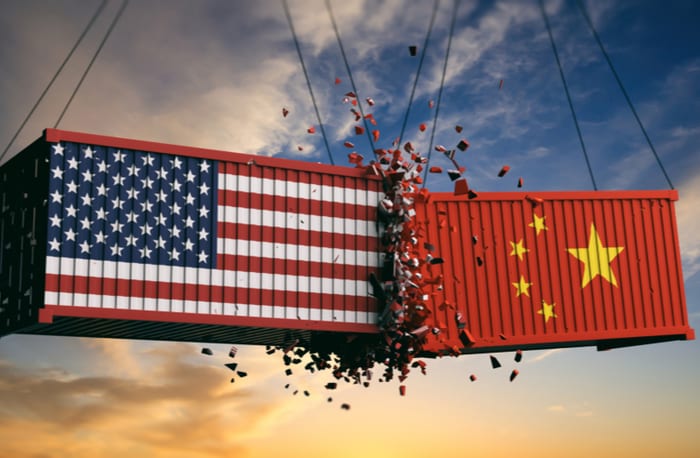China Says Foreign Investment Welcome Despite Potential US Restrictions

China’s financial markets will stay open and foreign investment will be welcomed even though U.S. President Donald Trump is calling to curtail funds.
“We will take further steps to promote high quality two-way financial opening, encourage foreign financial institutions and funds to invest in the domestic financial market to boost the competitiveness and dynamism of the domestic financial system,” according to a summary from the eighth meeting of the Financial Stability and Development Committee, Bloomberg reported on Sunday (Sept. 29).
The U.S. is planning talks with China following the Chinese week-long holidays that start Oct. 1.
“Chinese efforts to enhance reform and opening will be slowed down in the short term, but it will never be stopped,” Liao Qun, Hong Kong-based chief economist with China Citic Bank International Ltd., told Bloomberg. “China could explore European, Southeast Asian and the Belt and Road markets in lieu of the U.S.”
The flow of Chinese cash into America has fallen almost 90 percent since Trump became president.
The decline has impacted numerous industries, including Silicon Valley startups, the Manhattan real estate market and state governments. As for the cause, blame it on a combination of stricter regulatory scrutiny in the U.S. as well as Beijing’s tougher limits on foreign spending.
“The fact that foreign direct investment has fallen so sharply is symbolic of how badly the economic relationship between the United States and China has deteriorated,” said Eswar Prasad, former head of the International Monetary Fund’s China division, according to The New York Times. “The U.S. doesn’t trust the Chinese, and China doesn’t trust the U.S.”
As a result, Chinese investment in the U.S. fell to $5.4 billion last year from a high of $46.5 billion in 2016, a decrease of 88 percent. And preliminary figures through April of this year show only a small boost from last year, with transactions at $2.8 billion.
“I certainly hear in conversations with investors a lot of concern about whether the U.S. market is still open,” said Rod Hunter, a lawyer at Baker McKenzie who specializes in foreign investment reviews. “You have a potentially chilling effect for Chinese investors.”